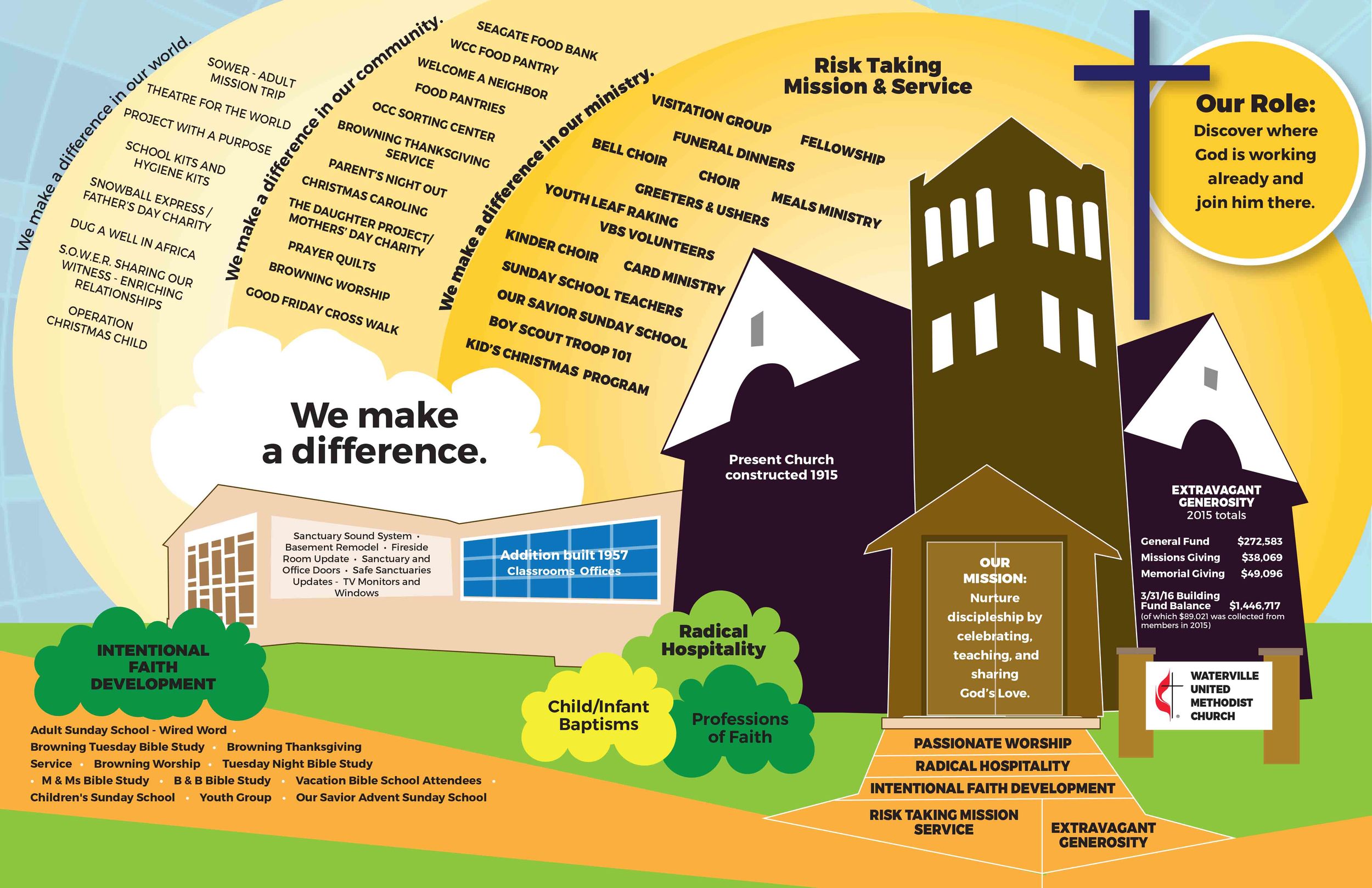Uncover The Fascinating History Of Catholic Institutions And Their Deep Result On Education-- Could Their Traditions Provide Insights For Future Understanding?
Uncover The Fascinating History Of Catholic Institutions And Their Deep Result On Education-- Could Their Traditions Provide Insights For Future Understanding?
Blog Article
Post By-Medlin Howe
When you consider the history of education and learning, Catholic schools attract attention for their ingrained traditions and enduring impact. These institutions started as a way to impart confidence and worths, however they've adjusted remarkably over centuries. why not find out more , they play a critical duty fit not just scholastic success yet additionally moral integrity. What's appealing is exactly how they've handled to thrive in the middle of changing social landscapes, raising questions concerning their future relevance and influence.
The Beginnings of Catholic Education And Learning: A Historical Perspective
Catholic education traces its origins back over 1,500 years, when early Christian communities acknowledged the demand for structured discovering. You'll locate that these areas aimed to hand down their belief and values with education.
Monasteries and sanctuary institutions ended up being facilities of discovering, supporting both spiritual and intellectual development. As you delve deeper, you'll see that the educational program typically consisted of philosophy, faith, and the liberal arts, made to form well-rounded individuals.
With time, the Church established extra official institutions, making sure that education continued to be obtainable to all. The commitment to teaching ethical values and fostering a sense of area has actually continued with the centuries, forming the academic landscape and influencing numerous lives worldwide.
Recommended Internet page enduring tradition continues to motivate Catholic education and learning today.
The Advancement of Catholic Schools Via Cultural Contexts
As societies developed, so did the function of Catholic institutions, adjusting to the cultural contexts in which they existed. In the very early years, these organizations concentrated mainly on religious instruction, yet as areas expanded, they began to incorporate neighborhood languages, custom-mades, and educational demands.
You 'd observe that Catholic institutions typically became centers for social communication, fostering a feeling of belonging among trainees from numerous histories. In numerous regions, they addressed social concerns, such as poverty and discrimination, by supplying accessible education and learning for all.
As you explore different societies, you'll see exactly how Catholic schools have actually shifted their educational program and mentor techniques, reflecting the values and obstacles of their atmospheres while remaining true to their foundational goal of faith and academic excellence.
The Modern Role and Effect of Catholic Schools in Society
In today's world, Catholic schools play an essential function fit not just the instructional landscape, yet also the broader community.
You'll find that these organizations stress worths like regard, compassion, and social justice, fostering all-round individuals who contribute favorably to society. By focusing on scholastic excellence and moral growth, Catholic colleges prepare trainees for future difficulties, supporting vital thinking and leadership skills.
They commonly serve diverse populations, linking voids in access to high quality education. In addition, you might observe their dedication to solution, encouraging pupils to take part in area outreach and volunteer work.
This blend of education and learning and moral advice makes Catholic institutions a substantial force, growing responsible citizens who can influence their neighborhoods right.
Final thought
In conclusion, Catholic schools have a rich background that's shaped their enduring effect on culture. You have actually seen exactly how they've adapted to various cultural contexts while keeping a dedication to faith, values, and academic excellence. Today, they continue to play a crucial duty in cultivating neighborhood, advertising social justice, and nurturing liable citizens. As you review their heritage, it's clear that Catholic institutions continue to be an effective pressure for positive modification in the world.
